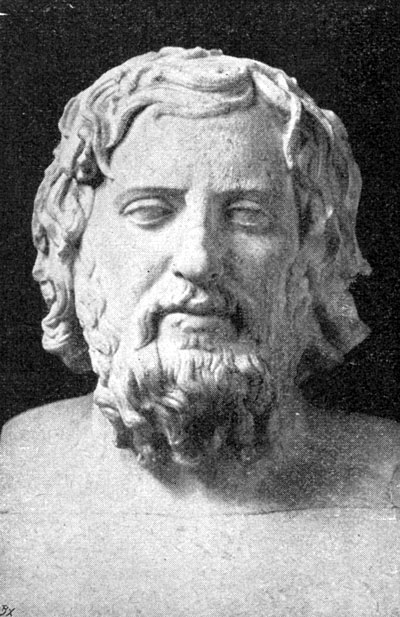Enkrateia on:
[Wikipedia]
[Google]
[Amazon]
 Enkrateia (
Enkrateia (
 Enkrateia (
Enkrateia (Greek
Greek may refer to:
Greece
Anything of, from, or related to Greece, a country in Southern Europe:
*Greeks, an ethnic group.
*Greek language, a branch of the Indo-European language family.
**Proto-Greek language, the assumed last common ancestor ...
, "in power - from ἐν (en, “in”) + κράτος (krátos, “power”). ''Enkrateia'' comes from the adjective ''enkratês'' (ἐγκρατής from ἐν (en, “in”) which means possession, power over something or someone else + κράτος (krátos, “power”)). It results in the meaning of power over yourself, power over your own passions and instincts, self-control and self-mastery.
During Socrates
Socrates (; ; –399 BC) was a Greek philosopher from Athens who is credited as the founder of Western philosophy and among the first moral philosophers of the ethical tradition of thought. An enigmatic figure, Socrates authored no te ...
' life three of his disciples, Isocrates, Xenophon
Xenophon of Athens (; grc, Ξενοφῶν ; – probably 355 or 354 BC) was a Greek military leader, philosopher, and historian, born in Athens. At the age of 30, Xenophon was elected commander of one of the biggest Greek mercenary armies o ...
and Plato
Plato ( ; grc-gre, Πλάτων ; 428/427 or 424/423 – 348/347 BC) was a Greek philosopher born in Athens during the Classical period in Ancient Greece. He founded the Platonist school of thought and the Academy, the first institution ...
, transformed the adjective ''enkratês'' to the noun ''enkrateia'' and gave it a different meaning: with them, ''enkrateia'' meant not power over something or someone else but power over yourself, power over your own passions and instincts, self-control.
For Aristotle
Aristotle (; grc-gre, Ἀριστοτέλης ''Aristotélēs'', ; 384–322 BC) was a Greek philosopher and polymath during the Classical period in Ancient Greece. Taught by Plato, he was the founder of the Peripatetic school of ph ...
, ''enkrateia'' is the antonym of ''akrasia
Akrasia (; Greek , "lacking command" or "weakness", occasionally transliterated as acrasia or Anglicised as acrasy or acracy) is a lack of self-control, or acting against one's better judgment. The adjectival form is "akratic".
Classical approa ...
'' (ἀκρασία from ἀ = without + κράτος = power, control) which means "lacking command (over oneself)". In this sense, ''enkrateia'' is the state of performing what is known to be a positive choice because of its positive consequences as opposed to ''akrasia'', which is the state of performing what is known to be not a positive choice (because of its negative consequences), but nevertheless performing it because of its immediate pleasures.
To Xenophon, ''enkrateia'' is not a particular virtue but "the foundation of all virtues
Virtue ( la, virtus) is moral excellence. A virtue is a trait or quality that is deemed to be morally good and thus is valued as a foundation of principle and good moral being. In other words, it is a behavior that shows high moral standard ...
".
Enkrateia is mentioned thrice in the New Testament
The New Testament grc, Ἡ Καινὴ Διαθήκη, transl. ; la, Novum Testamentum. (NT) is the second division of the Christian biblical canon. It discusses the teachings and person of Jesus, as well as events in first-century Chri ...
, in the lists of virtues in Acts 24:25, Galatians 5:23, and 2 Peter 1:6. The King James Version
The King James Version (KJV), also the King James Bible (KJB) and the Authorized Version, is an Bible translations into English, English translation of the Christian Bible for the Church of England, which was commissioned in 1604 and publis ...
renders the word "Temperance (virtue)
Temperance in its modern use is defined as moderation or voluntary self-restraint. It is typically described in terms of what an individual voluntarily refrains from doing. This includes restraint from revenge by practicing non-violence and forg ...
."Strong's Concordance, Word no. 1466, https://biblehub.com/greek/strongs_1466.htm
See also
Notes